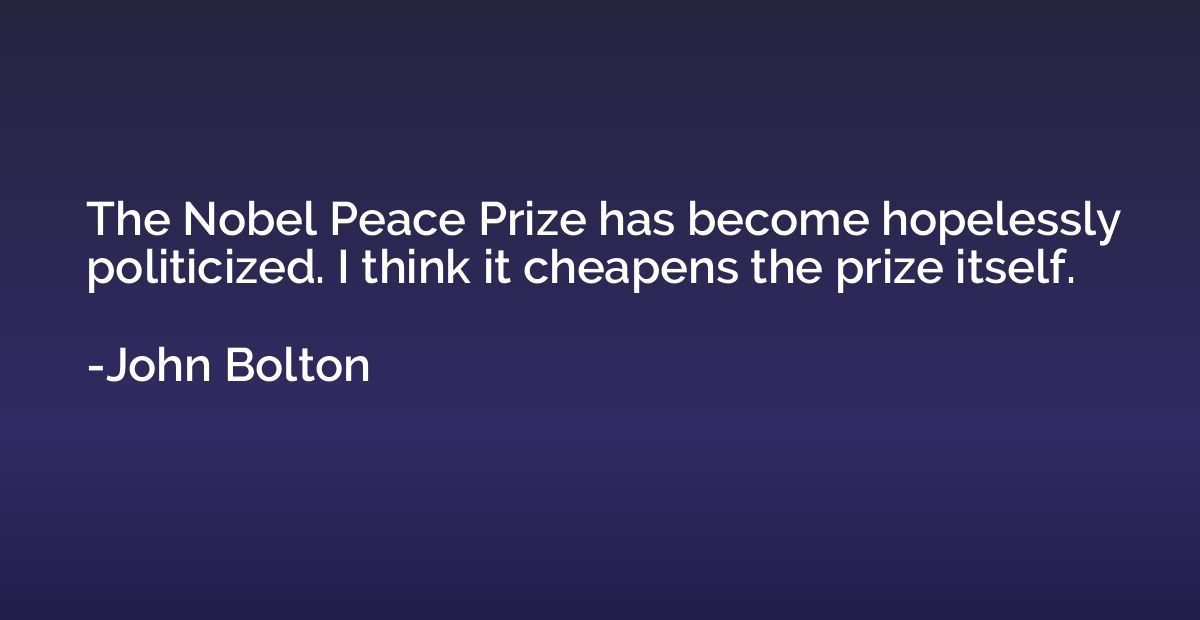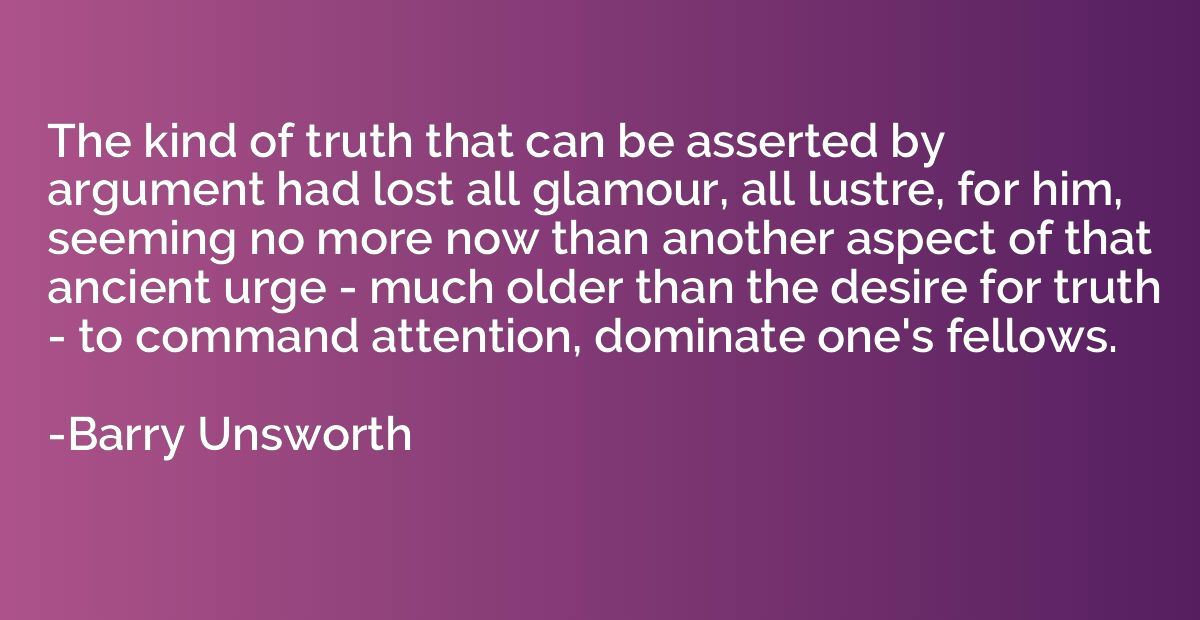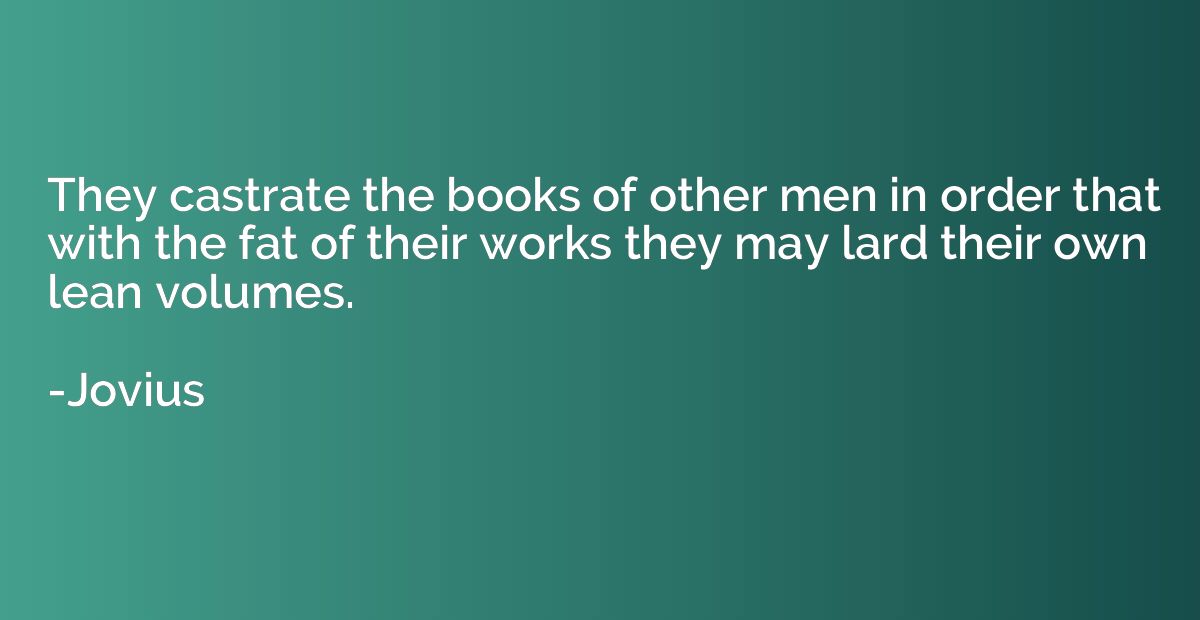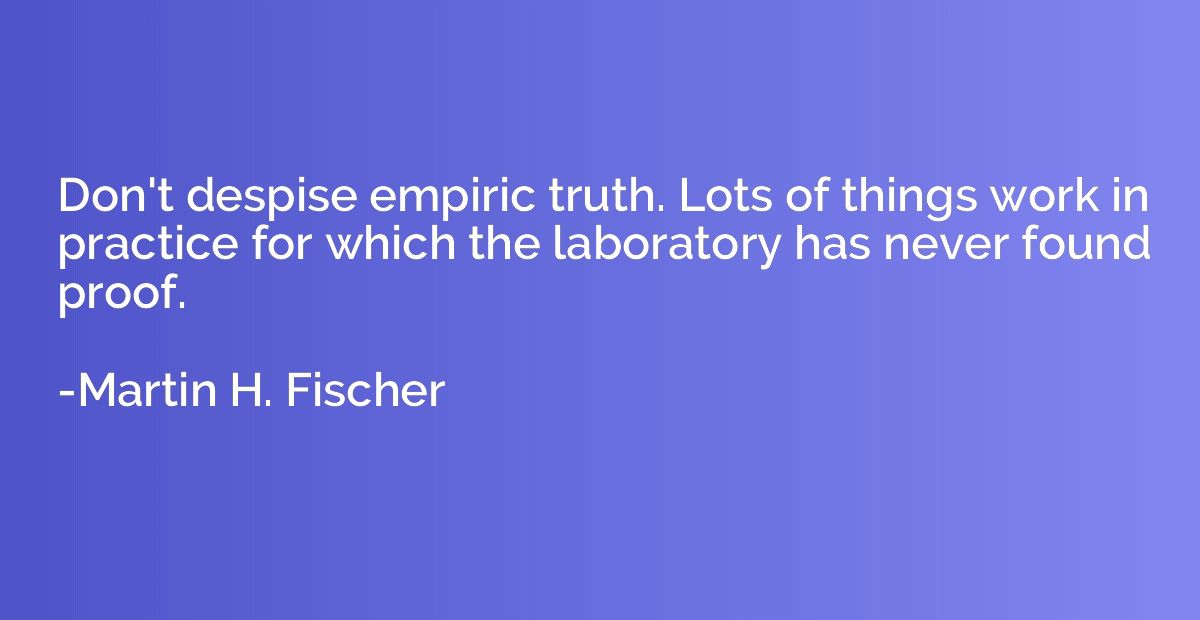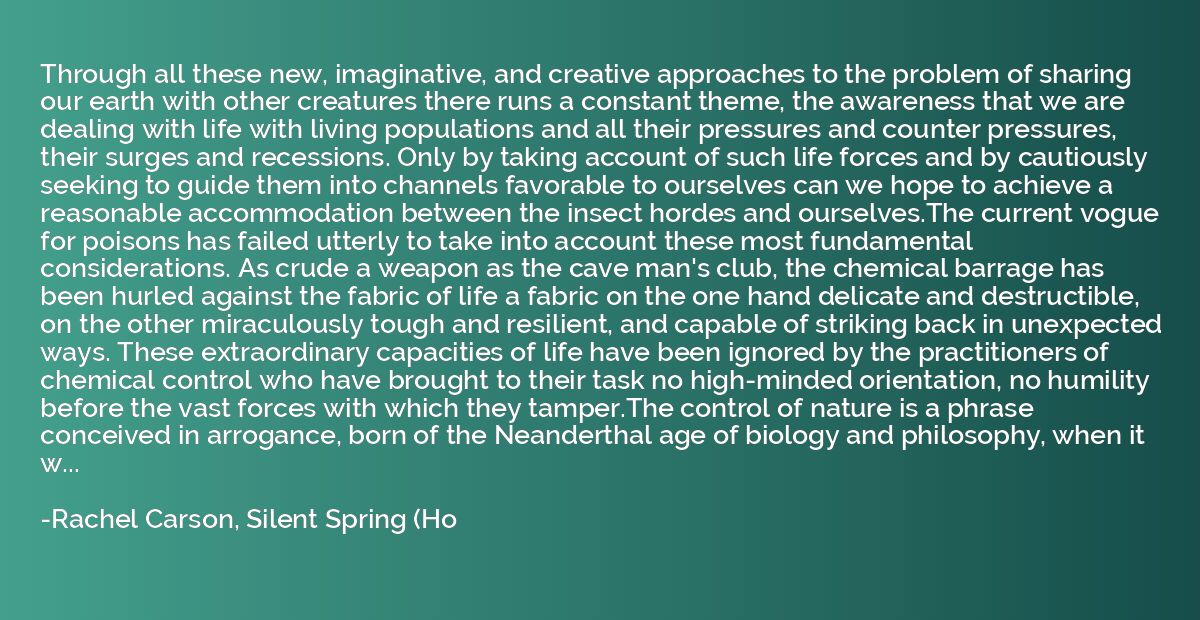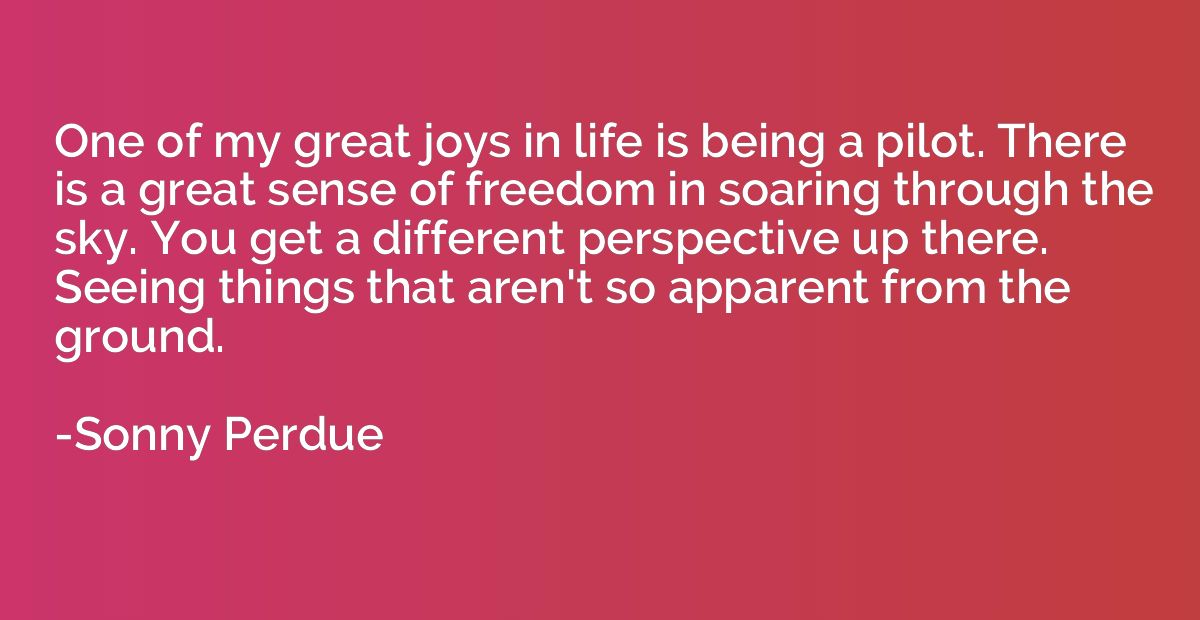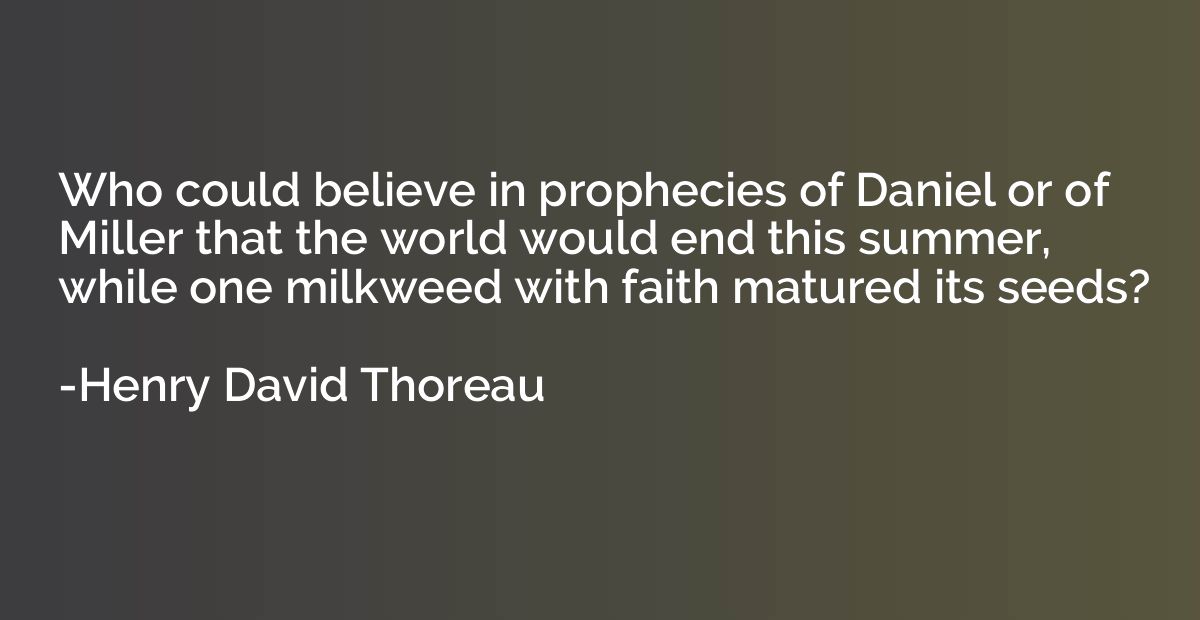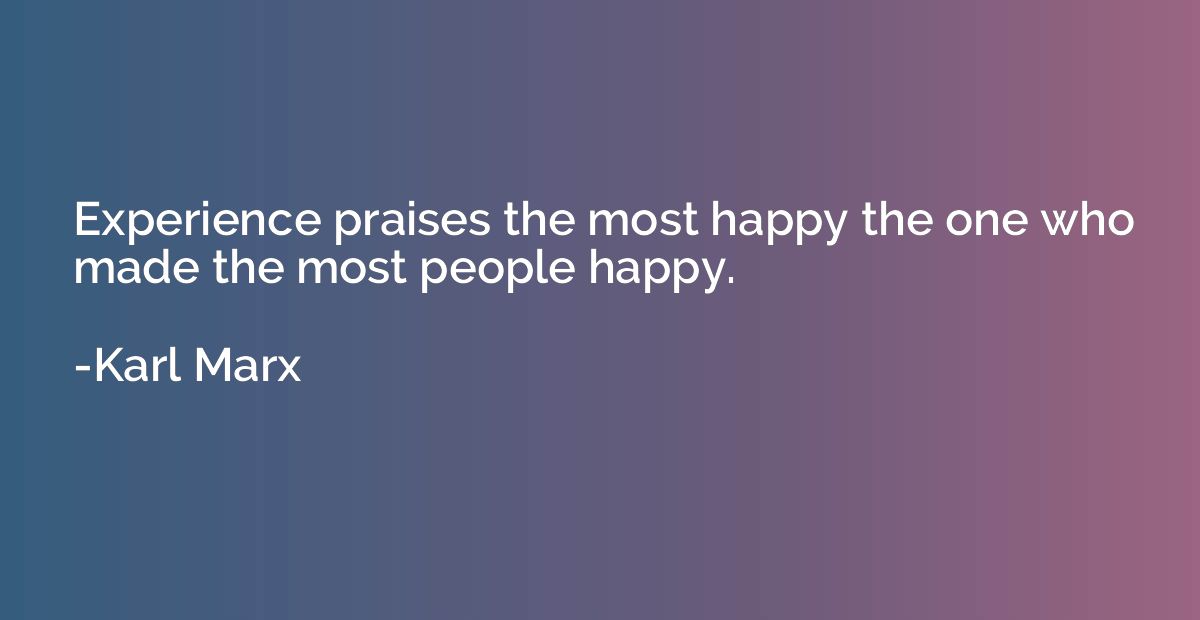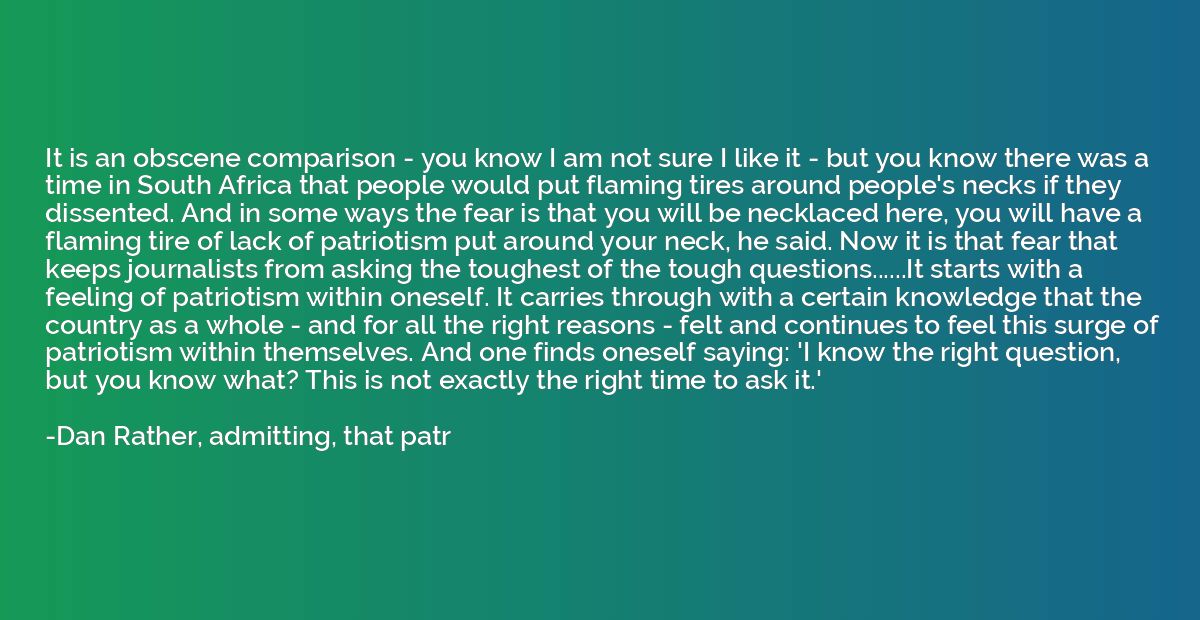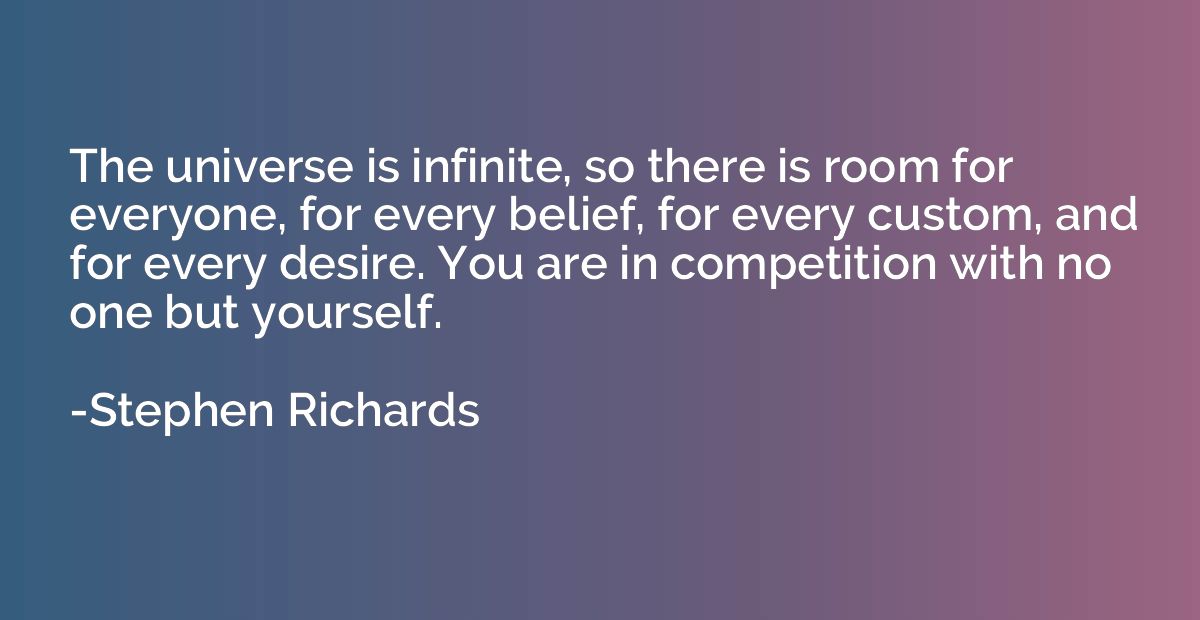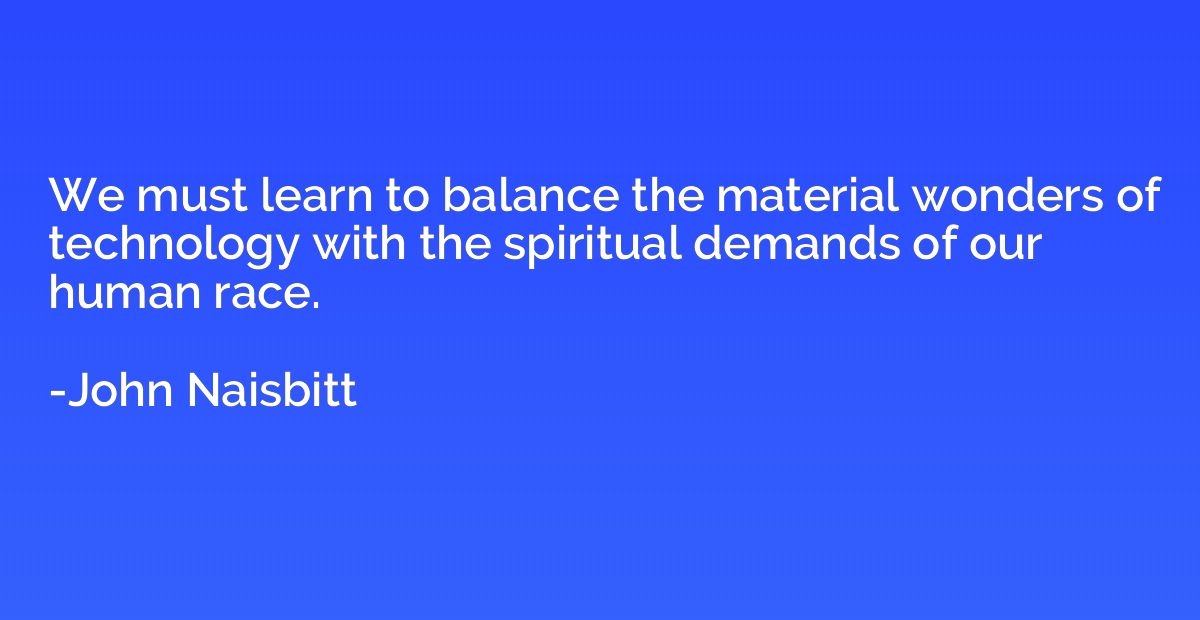Quote by Ram Dass
The most exquisite paradox as soon as you give it all up, you can have it all. As long as you want power, you can't have it. The minute you don't want power, you'll have more than you ever dreamed possible.
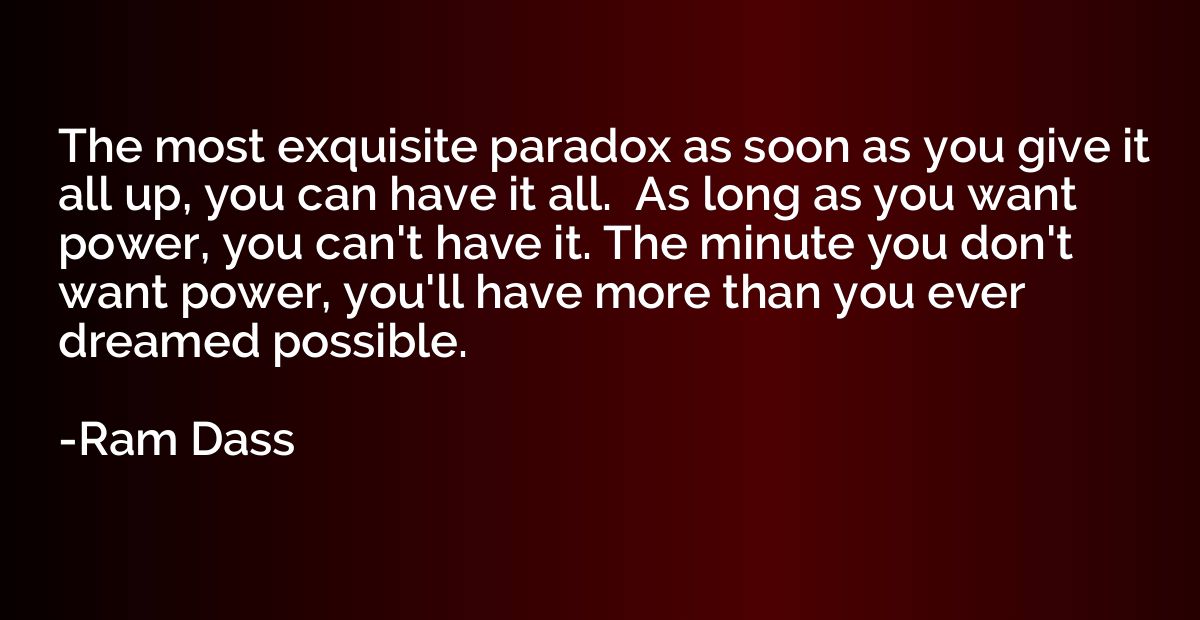
Summary
This quote highlights the idea that relinquishing the desire for power can paradoxically lead to having it in abundance. It suggests that the pursuit of power often hinders its attainment. When one desires power, it becomes elusive because it is driven by selfish interests and control. However, by surrendering this desire and embracing humility, one can find themselves achieving more success and fulfillment than they ever anticipated. This paradox underlines the concept that true power lies in letting go and focusing on genuine growth rather than assertive dominance.
Topics
Power
By Ram Dass



